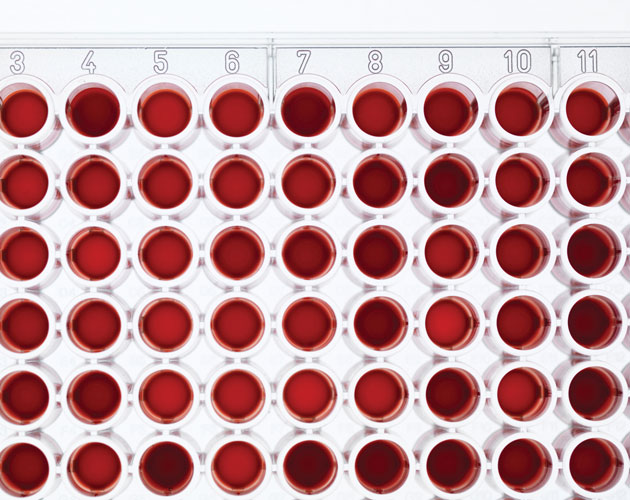The Great Eight Medical Advances

Going way beyond the blood test, The past few years have yielded some remarkable medical advances. Here, Dr. Zachary Levine lists some that offer the most hope for longer, healthier lives
1. Colon cancer screening with less risk Rather than using an endoscope inserted via the rectum with potential complications, virtual colonoscopies use CT scans and computers to produce an image of the colon. This is less invasive and so almost without risk.
2. Vaccines Shingles (herpes zoster) is a viral disease characterized by painful rash. In some cases, it can lead to more serious infections and complications, including a chronic nerve pain called neuralgia. Recommended for those over 60, the shingles vaccine is effective in preventing infection and neuralgia. Because the HPV vaccine has potentially lowered the prevalence of cervical cancers, scientists are working on vaccines to prevent other cancers.
3. Electronic medical record (EMR). When people come to the hospital, their medical history and medications may not be known to the people treating them. This can lead to dangerous drug interactions and suboptimal treatment. With EMRs a computer-based medical history and updated medication list can be shared amongst multiple health-care practitioners.
4. Targeted cancer therapies. New therapies are being developed that will act to selectively kill cancer cells, while leaving healthy cells unaffected. This could mean that in the future, these targeted drugs may be more effective than other types of treatment, including chemotherapy and radiotherapy that can be accompanied by illness and disability.
5. 3-D printing and organ regeneration. These new technologies promise to soon allow scientists to grow organs to replace those that are damaged or removed. Already several organs, including a trachea and bladder, have been grown, and scientists are working on growing hearts, brains, pancreases and other organs. This could potentially solve the chronic shortage of organs for transplant.
6. Laparoscopic surgery. One of the most exciting trends in surgery is minimally invasive surgery, wherein large incisions are not necessary and surgery is performed via small openings in the skin and robotics. It significantly reduces pain and the time it takes to recover.
7. Smartphone apps. Smartphones now allow patients to check blood pressure, heart rate, glucose and many other parameters, which can then be stored and transmitted to their doctor. This will give doctors much more information to use when they see the patient, and allow them to identify problems early. Using mobile video communication, the doctor could even have a virtual visit with their patient when an abnormal result is noted.
8. Blood-clot busting. Blood clots can be a very serious problem, causing strokes, heart attacks and lung damage. Over the past few years, medication to dissolve blood clots has been used to effectively treat potentially life-threatening blood clots. The key is to get the medication to the patient early. Advances are also being made in blood thinning medications to prevent blood clots. New medications do not require regular blood tests as they have in the past.
Dr. Zachary Levine is an Assistant Professor in the Faculty of Medicine at McGill University Health Centre and medical correspondent for AM 740 (a zoomermedia property).